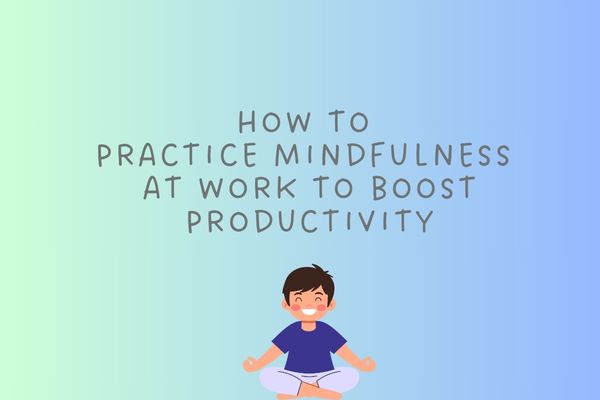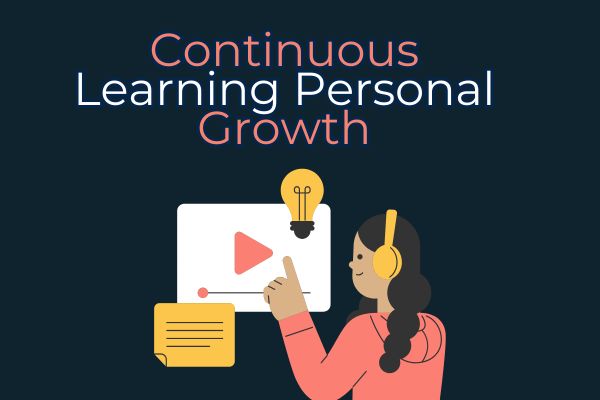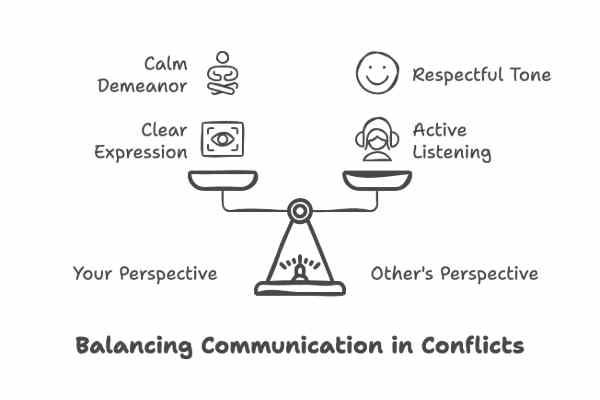Life often feels like a journey filled with crossroads, milestones, and uncertainties. Along the way, we strive for success, happiness, and fulfillment. But beneath these aspirations lies a deeper question: Why do we do what we do? The answer to this question—your “why”—is the key to discovering your true purpose and living a meaningful life.
In this article, we’ll explore what it means to find your “why,” why it matters, and how to uncover your true purpose. By the end, you’ll have a roadmap to align your actions with your core values, leading to greater fulfillment and clarity in your life.
Understanding Your “Why”
Your “why” is your driving force, the fundamental reason behind your actions and decisions. It’s the purpose that gives meaning to your life and guides your choices. Unlike external goals, such as earning money or achieving status, your “why” stems from your core beliefs, values, and passions.
Simon Sinek, author of Start with Why, explains that knowing your “why” inspires action, fosters resilience, and connects you to others who share your values. It serves as a compass, helping you navigate challenges and stay focused on what truly matters.
Why Finding Your “Why” Matters
- Provides Clarity: When you know your “why,” decisions become easier because you can evaluate them against your purpose.
- Fuels Motivation: A strong sense of purpose drives perseverance, even when the journey gets tough.
- Enhances Relationships: Sharing your “why” fosters genuine connections with others who resonate with your values.
- Promotes Fulfillment: Living in alignment with your purpose brings a sense of satisfaction and meaning to your life.
Example: Consider a teacher who identifies their “why” as nurturing potential in others. This purpose drives them to go above and beyond in their work, even during difficult times, because their actions align with their core motivation.
Steps to Discover Your True Purpose
Finding your “why” is a journey of self-discovery. It requires reflection, introspection, and a willingness to explore your values, experiences, and passions. Here are the steps to guide you:
1. Reflect on Your Values
Your values are the principles and beliefs that guide your actions. They shape how you perceive the world and determine what matters most to you.
How to Identify Your Values:
- Think of Peak Experiences: Recall moments when you felt happiest or most fulfilled. What values were present in those situations?
- List Core Principles: Write down values that resonate with you, such as honesty, compassion, creativity, or growth.
- Prioritize Them: Narrow down your list to the top 3-5 values that feel most authentic to you.
Example: If “creativity” is a core value, your “why” may involve finding innovative ways to solve problems or express yourself through art.
2. Explore Your Passions
Passions are activities or interests that energize and excite you. They often reveal what you enjoy doing and what you’re naturally drawn to.
Questions to Uncover Your Passions:
- What activities make you lose track of time?
- What topics do you love learning about or discussing?
- What would you do if money weren’t a concern?
Example: A person passionate about environmental conservation might discover their “why” involves protecting the planet for future generations.
3. Examine Your Strengths
Your strengths are the skills and talents that come naturally to you. They are often clues to how you can contribute meaningfully to the world.
How to Identify Your Strengths:
- Reflect on Feedback: What do others often compliment you on or seek your help with?
- Consider Past Successes: What achievements are you most proud of, and what strengths did you use to accomplish them?
- Take Assessments: Tools like the CliftonStrengths or VIA Character Strengths survey can help identify your unique qualities.
Example: If one of your strengths is empathy, your “why” might involve helping others feel understood and supported.
4. Analyze Past Experiences
Your life experiences, both positive and negative, often shape your purpose. Reflecting on these moments can provide insight into your “why.”
Key Questions to Reflect On:
- What challenges have shaped you into who you are today?
- What lessons have you learned from significant events in your life?
- How have you made a difference in someone else’s life?
Example: A person who overcame adversity may find their “why” in empowering others to rise above their struggles.
Fancy Art Shopping? Check Hobby Lobby Coupon Codes
5. Identify What You Stand Against
Sometimes, your purpose is revealed by the issues or injustices that ignite a strong emotional response in you. Identifying what you stand against can help clarify what you stand for.
Questions to Consider:
- What problems in the world frustrate or anger you the most?
- What changes would you like to see in your community or society?
- How can you contribute to addressing these issues?
Example: If you feel passionate about combating inequality, your “why” might involve advocating for equal opportunities in education or the workplace.
6. Craft a Purpose Statement
Once you’ve explored your values, passions, strengths, and experiences, you can craft a purpose statement that encapsulates your “why.”
Components of a Purpose Statement:
- Who You Are: Your unique qualities and strengths.
- What You Do: How you apply those qualities in your life.
- Why You Do It: The impact you want to create.
Example Purpose Statement:
“I empower others to embrace their creativity and unlock their potential, fostering innovation and personal growth.”
Also check: Key to Building Trust in Any Relationship
Living Your “Why”
Discovering your “why” is only the beginning. Living in alignment with your purpose requires consistent effort and intentional choices. Here’s how to integrate your “why” into your daily life:
1. Set Purpose-Driven Goals
Align your goals with your “why” to ensure that your actions contribute to your purpose. Break down these goals into actionable steps that bring you closer to your vision.
Example: If your “why” involves helping others, set a goal to volunteer regularly or mentor someone in your field.
2. Surround Yourself with Like-Minded People
The people you surround yourself with can either support or detract from your purpose. Seek out individuals who share your values and inspire you to stay true to your “why.”
Example: Join groups or organizations that align with your purpose, such as environmental advocacy groups, creative communities, or professional networks.
3. Embrace Challenges as Opportunities
Living your “why” isn’t always easy. Challenges and setbacks will arise, but viewing them as opportunities for growth can strengthen your commitment to your purpose.
Example: If your purpose involves educating others, a difficult student or audience can teach you new ways to communicate and adapt.
4. Regularly Reevaluate Your “Why”
Your purpose may evolve over time as you gain new experiences and insights. Periodically reflect on your “why” to ensure it still resonates with you and aligns with your current goals and values.
Example: A young professional may start with a purpose focused on career growth but later shift to prioritizing family or community impact.
Real-Life Examples of Finding and Living Your “Why”
- Oprah Winfrey: Oprah’s “why” is rooted in empowering others to live their best lives. Through her talk shows, philanthropic efforts, and media empire, she consistently aligns her actions with this purpose.
- Malala Yousafzai: Malala’s “why” is advocating for girls’ education worldwide. Her personal experiences with adversity have fueled her mission to create a better future for young women.
- Howard Schultz (Starbucks): Schultz’s purpose revolves around creating a sense of community and connection. His leadership at Starbucks reflects his commitment to fostering a welcoming environment.
The Ripple Effect of Living Your “Why”
When you live in alignment with your purpose, the impact extends beyond your own life. Your actions inspire others, create positive change, and contribute to a collective sense of meaning.
Example: A teacher living their “why” not only impacts their students but also influences their families and communities, creating a ripple effect of growth and learning.
Conclusion
Finding your “why” is a transformative journey that enables you to live a life of intention, meaning, and fulfillment. By reflecting on your values, passions, strengths, and experiences, you can uncover the purpose that drives you. Living in alignment with your “why” brings clarity to your decisions, fuels your motivation, and deepens your connections with others.
As you embark on this journey, remember that your purpose is unique to you. Embrace the process, stay curious, and allow your “why” to guide you toward a life that resonates with your truest self.






